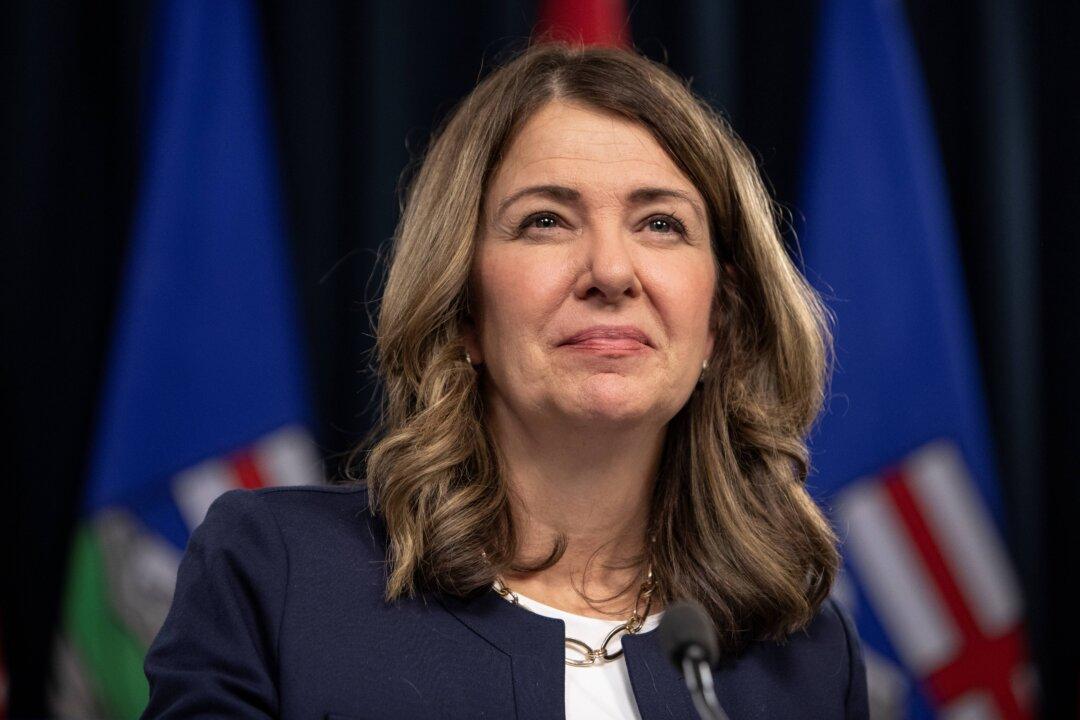Special Rapporteur David Johnston has refused to take questions from MPs on the House of Commons public accounts committee regarding his previous work at the Trudeau Foundation, leading members of the committee to threaten to issue him a summons.
“We have a meeting scheduled for a week today with individuals who have been involved with the Trudeau Foundation,” said Conservative MP and Committee Chair John Williamson at a meeting of the committee on May 29, according to Blacklock’s Reporter. “I regret to inform you all, I have three who have declined, including the Right Honourable David Johnston.”





